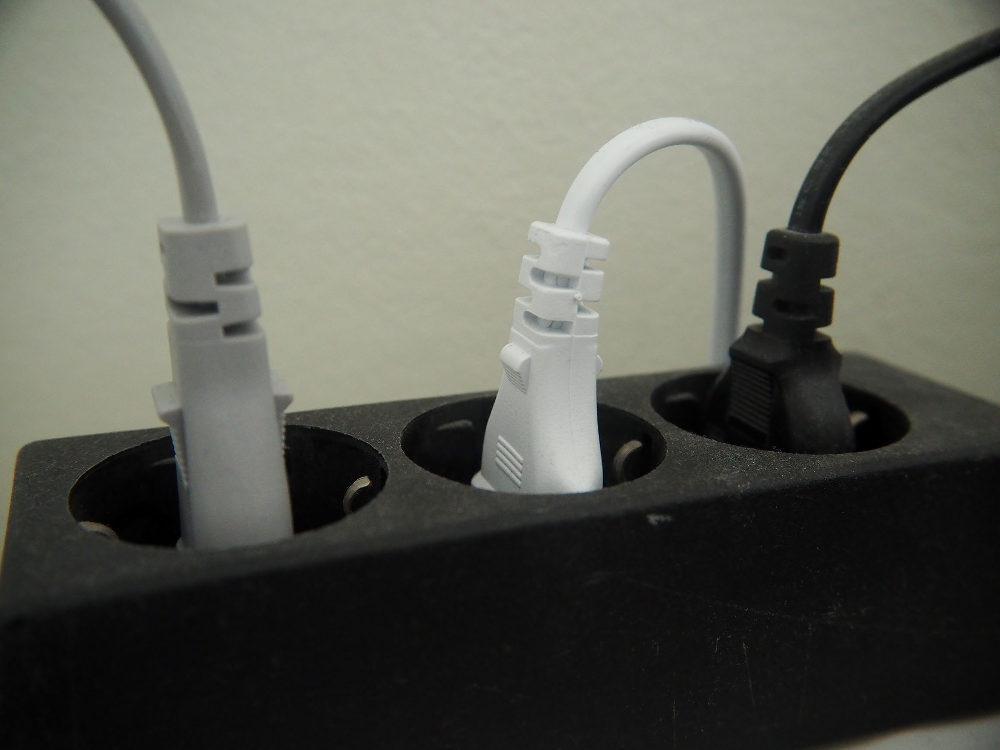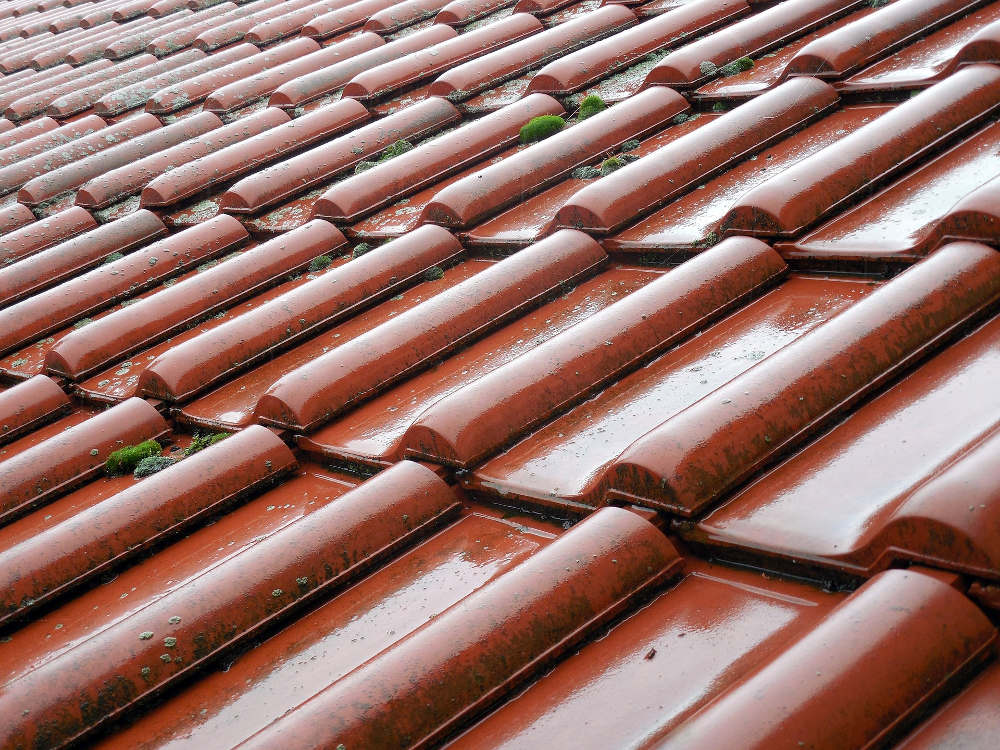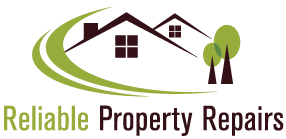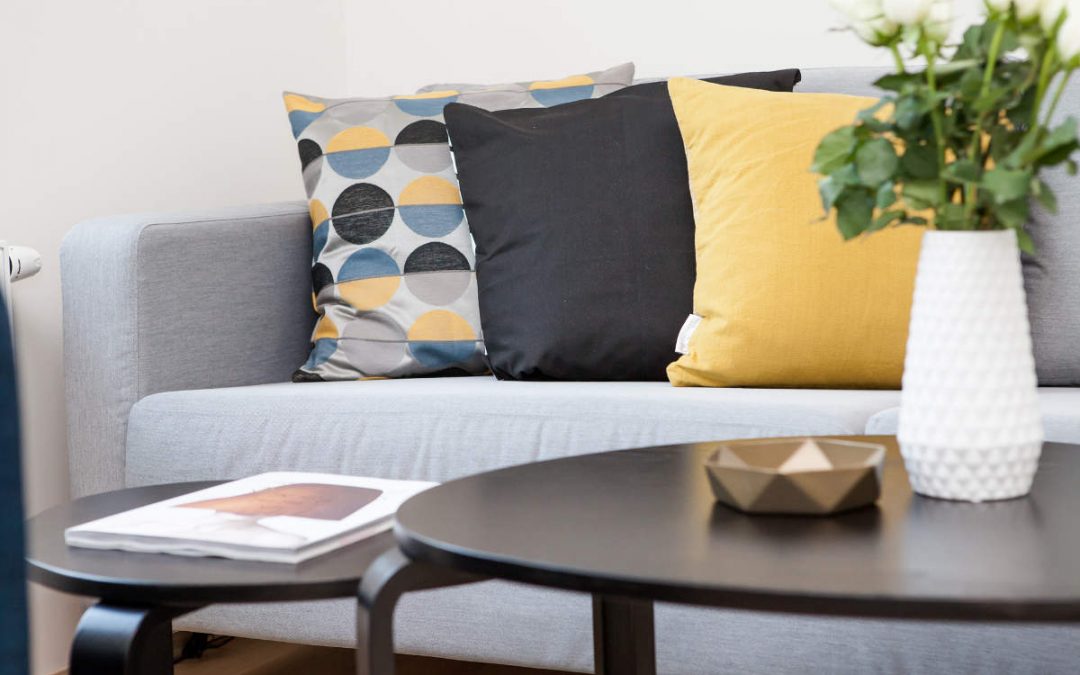As a home safety conscious business, we wanted to share with you some great tips on how to stay safe in your home. Every homeowner and parent has a responsibility to keep their family safe. Following are tips for all the family:
- When it comes to children and your pool – absolutely ensure gates are fully-effective, things children can climb on (such as chairs) are never left around and gates are never forced open (ie a chair holding the door open). Your kids may know how to swim, but what if another child (who can’t swim) came over to your house?
- Also around pool safety, when children are in the pool, be present. Remember that drowning is a silent death – children don’t always splash or make a noise; in fact, sadly, they just often sink. No different is water safely in the bathtub – please be watchful.
- Ensure there are enough smoke alarms in your home; at every level, especially near the bedrooms. Replace batteries regularly; rather than remembering, diarise it.
- Keep medicines, poisons, cleaning agents and even paint out of reach of children. Childproof latches are always useful, and remember, if you have children visiting, really review your home to ensure it’s safe. Remember, pills are often bright in colour and may be perceived by a child to be a lolly.
- Program emergency numbers into your phone (Police, Poison info etc) AND put these numbers also on the fridge. In an emergency, you may not have time to boot up your computer to Google a number. Be pre-prepared.
- Do not store highly flammable products in your home; especially if you are a tradie business and deal with highly toxic or flammable products. If storing in a shed or garage, ensure containers are in good condition, there is suitable ventilation BUT there is absolutely no access for inquisitive little people.
- For those emergency numbers, don’t forget your fur babies as well. Do you have the number for an Animal Ambulance in your phone (and on the fridge)? What about a number of local Vets, knowing who is available after hours for emergency care?

- Regularly check your first aid kits – both in the home and in your cars. Ensure all items are in date and are in stock. You know when you go to the fridge and there is only an empty milk container left? People have a tendency to just take the last item without mentioning it to anyone … so be sure to check stock levels.
- Heaps of people fall. Of course with the elderly, the consequences are greater. Ensure stairs are in good condition, there are no loose tiles in your home and teach your children to not leave toys around on the floor, especially in walkways or high traffic areas, such as a kitchen or entryway. If you have children and stairs, ensure you install secure stair gates which won’t shift when a child simply leans on it. Pets are another cause of falls; encourage them to not lie in the kitchen and be always mindful of them; they often love being around their owners and so naturally end up ‘underfoot’.
- Clear the path to your door. Whilst Public Liability insurance will likely cover you, it’s much better to ensure the entryway to your home is clear and safe. Again, ensure toys are not left in the way and remember that garden hoses can be a tripping hazard.
- Spiders & Bugs. Some spiders (Funnel Web or Red Back) can be deadly. If you spot these around, engage a pest controller. Regularly spray the inside of your letterbox with insect spray, as you daily put your hand in, often not being aware of what could be lurking inside. Don’t forget to spray wasps as well; whilst not necessarily deadly, their sting can be mightily painful for little ones – and big ones.
- First Aid training. We believe all parents should partake in first aid training. Many community groups (like Surf Lifesavers) or the Ambulance Service provide very reasonably priced courses to people. You just never know when you might have the need to use that skill.
- Fires are a big cause of death. Ensure you have fire extinguishers at your home, that all adults in the home know how to use it and that it’s ‘current’. They do expire. Watch having lit candles in the home and if you do, keep them away from children, burnable items, including blowing curtains.
- Boat safety is also very important. Ensure you stay current on all boating safety, check equipment regularly and replace any item BEFORE you go out on the water; not when you go to use it and discover it is malfunctioning.
- Remember home security as well. Ensure all doors and locks are in good condition, where appropriate there are grills on windows or slider locks for windows. Absolutely ensure you have a ‘peep’ hole at your front door and a solid security chain – as you should never open the door to anyone you don’t know. Never allow anyone to pressure you to enter your home, or for that matter buy from them. Be confident in saying ‘no thank you!’.
- When it comes to natural disasters, ensure your home has an emergency kit. This will include bottled water, a (non-electric) can opener, torch, spare batteries and first aid kit.

- Maintain an electrically safe home. Ensure you don’t ‘piggyback’ plugs on top of each other and that all cords are in good condition. Ensure appliances have ‘breathing space’ and don’t store or leave objects on top of fridges, dryers or other appliances which could overheat. Always use a licensed electrician for works.
- Kitchen tips – don’t leave food cooking unattended. Watch the heat and objects falling into or over cooktops. Keep harmful products and chemicals away from the stove and cooktop. Keep knives well out of reach and always remember to turn saucepan handles away from the edge, whether that be for the benefit of a child, pet or even yourself brushing up against something. When cooking, don’t wear long loose sleeves or flowing clothing. Remember also long hair should be tied back around gas stoves.
- Bathroom tips – have non-slip mats or strips, especially in the tub or shower, never have electrical goods near water (the hair dryer and bathtub do not play nice together). If you have elderly visitors or residents, install handrails and handles so they can get out of the tub, shower or off the toilet without the risk of falling.
- Bedroom tips – don’t smoke in bed (or really in the bedroom), keep medicines locked away, as well as things like scissors (where little ones are present), and be sure to have security locks or grills on windows. You are most vulnerable when you are asleep. Opt for fire-resistant PJ’s for winter, especially for children.
- For winter fires, absolutely ensure you have a grate or grill if you have children and be super diligent with children and fires. Even wood burners may not have an open flame, but the box gets extremely hot.
- In the yard – keep fences in good condition (this keeps your pets and children in, and doesn’t encourage unwelcome visitors). Ensure tools and especially ladders are locked away at night or when not in use. Not only can they be dangerous ‘toys’ for kids, but handy appliances for robbers to use to break in.
- Safety helmets. Whilst these are a legal requirement outside your property, on the roads or footpaths, they are smart to have in place for children riding skateboards and bikes at home.
- Lighting. Have adequate lighting on your front door, stairwell or garage for evenings. The last thing you want to do is step on something dangerous, trip over or literally walk into a wall because you cannot see. Remember, this is also for the safety of any visitors you may have.
- Rubbish. Generally clear away household rubbish and garden rubbish on a regular basis. Stacks of rubbish not only encourage rodents, vermin, snakes but also can be a fire hazard. Keeping a neat and clean and tidy home, with all rubbish being removed means a safer home for all.

- Working in bad weather, from heights or around water. Take special care to not be up on ladders or on the roof when it’s wet. Ensure when using ladders that you practice safety. Ensure electrical cords are away from water. Take care using equipment, especially electric saws, drills, axes and any tool which can do damage. No different from a qualified tradesperson, be sure to use safety gear, such as gloves, goggles, masks etc.

